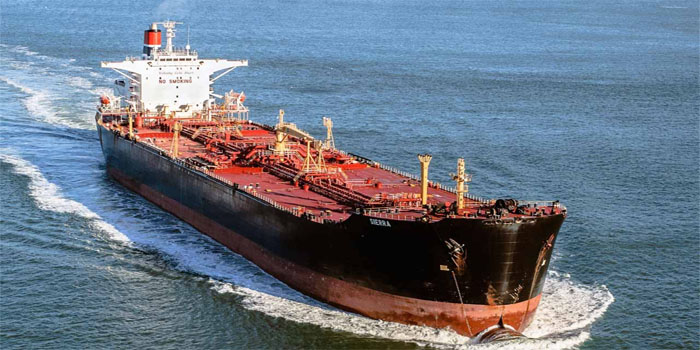
23 December 2014, Sweetcrude, Houston – Nigerian crude cargoes for January loading are struggling to sell with almost half of the program still available due to very weak demand with an oversupply of sweet crudes, market sources said.Asian and European demand for Nigeria and other West African cargoes has been slow so far, exacerbated by high freight rates and the availability of cheaper sweet crudes in both regions.
Activity on Nigeria was slow especially for key grades such as Qua Iboe, Bonny Light, Bonga and Forcados.
Some niche grades like Akpo, Usan and Agbami have sold decently but the whole Nigerian sweet crude complex was being dragged down by the weak demand.
“The market is in disaster mode,” said a trader. “There is just no demand for these Nigerian grades at the moment. There is too much oil to choose from. Even the Azeri Light values are coming crashing down.”
Nigeria’s flagship grade Qua Iboe was assessed at Dated Brent plus $0.72/b on Monday, the weakest since April 24, 2009, Platts data showed.
Traders said there were still more than 30 Nigerian January loading cargoes unsold, and with the Nigerian February program expected later in the day, differentials were expected to fall steadily if demand did not materialize.
“The arbitrage east is almost closed and the OSPs in Middle East are very cheap. The Brent/Dubai spread is wide. There are plenty of alternatives for (Asian) refiners instead of WAF. And, the European refiners are spoilt for choice,” the trader added.Sources said some offer levels for Qua Iboe, Bonga and Erha had been quite high and as a result a standoff was observed with no buying interest heard at these levels. Despite weak demand some of these offer levels had not yet come off.
Qua Iboe was still heard offered at Dated Brent plus $1.20/b and sources said with the provisional February program due later in the week, values could fall sharply if these cargoes did not trade.
A second trader said: “The Angolan January program is sold out thanks to the Chinese but on Nigeria, we still have almost 40 million barrels left [including] some December barrels on storage. The market is very long, in WAF and in the Med.”



